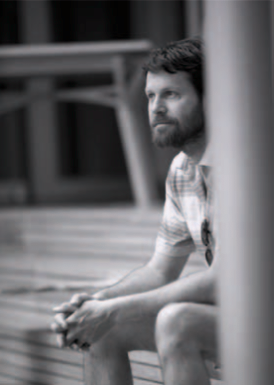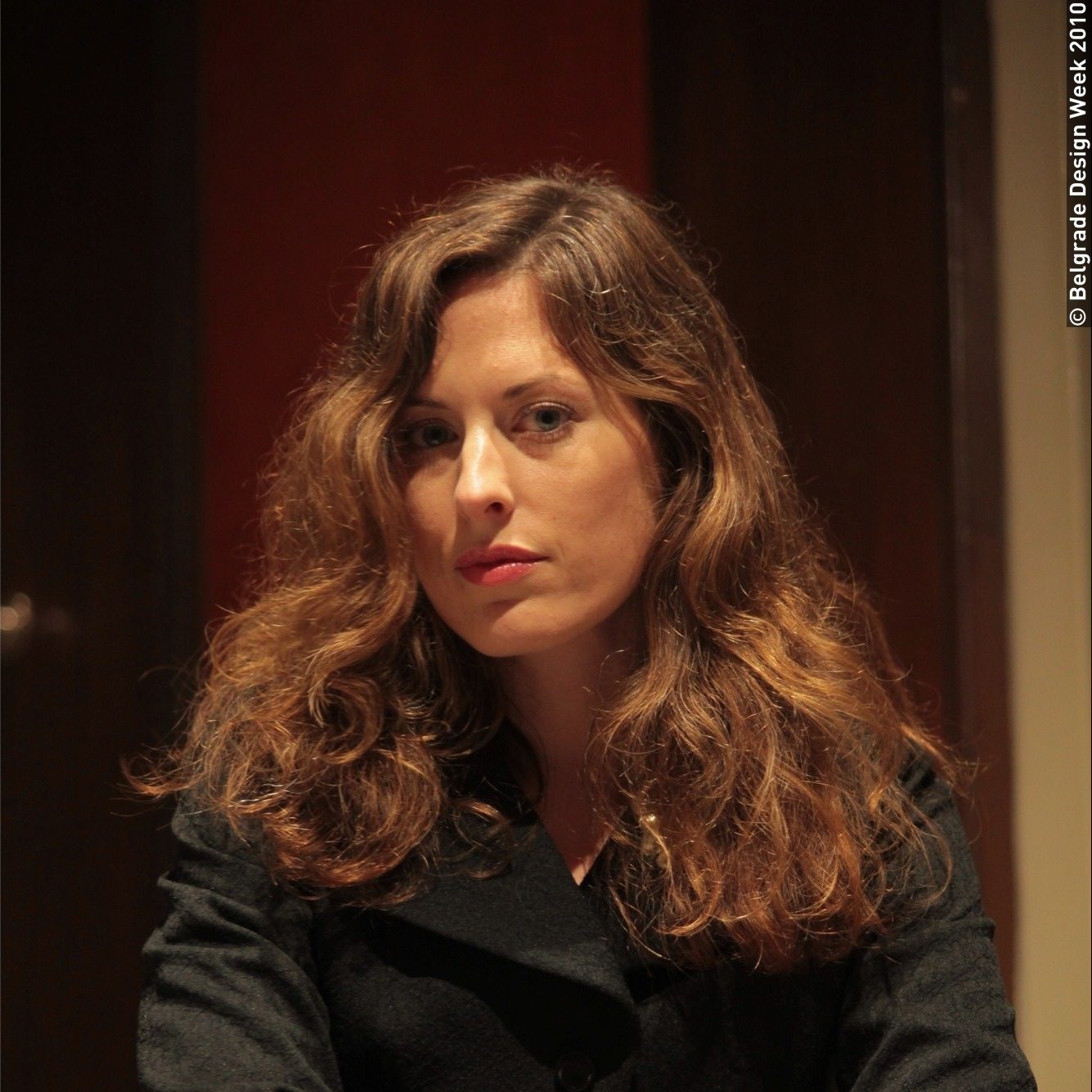
INTERVIEW WITH MARTINO GAMPER – POLITIKA
DESIGN IS LIKE FOOD
We are living in times when traces lose their importance and are replaced by virtual meeting places. People should be motivated to leave the imaginary space, said Martino Gamper, designer.
It is October 2007 in London, South Kensington. A large Victorian house in this famous quarter hosts an unusual exhibition – two entire floors are covered with chairs, from floor to ceiling. And not just any kinds of chairs, but second-hand, tossed chairs in different colors, materials, styles and purposes… Under the motto “one day – one chair” they were first found and then brought from the street and refitted by a man whose lecture at Belgrade Design Week 2012 caused major interest. This was only natural, as Martino Gamper is a famous name in the world of design.
This extremely productive, creative man, Italian by origin, based in London, says for “Politika” that he always thinks in three dimensions and that is why he
is not sure whether colors or forms are dominant in his work, which includes: design for exhibitions at the Victoria and Albert Museum in London, the London Design Museum, the Triennale in Milan, design of public street furniture in the zone connecting the Victoria and the Olympic Parks in London, the visual identity of one part of the Contemporary Art Center in Geneva and countless commercial projects. Finally, he is well known as lecturer at the Royal College of Art in London and two Academies of Applied Arts – in Lausanne and Paris. He was, and still is, interested in deserted facilities and street art, which inevitably leads to social engagement.
“I started to collect chairs spontaneously, during the project you mentioned. At one point, there were so many that I had to do something with them. But they also made me think about where the need for an object starts, and where it ends. What is perceived as value and which objects should be tossed away. And whether a thing that was once tossed can have a new function. We spend and throw away so much, that it should be stopped, slowed down and objects should be recycled”, says Gamper and adds: ” With a little freedom, love and creativity, we can make new objects out of used items. It is similar with art set in public space. It’s no accident that I am involved in this. Because, we are living in times when traces lose their importance and they are replaced by virtual meeting places – social networks. And the goal is to motivate people to interact, to be in touch, to talk face to face, to leave this imaginary space… Art has the power to attract people and that is something we should use.”
With his interventions in public spaces, in addition to encouraging action, Gamper subtly sends another message – the creative industry leads to economic progress, it constitutes an important segment of the economy in developed societies. We should invest in it, because the investment is returned in various ways, through its effect on the gross domestic product and the promotion of creative potential of a country outside its borders, among other things.
Finally, we should mention a specific project which Gamper always advocates, here in Belgrade as well, called “Trattoria”, explaining a lot about him:
“Design is like food, it is present in our lives every day. Therefore it is important to find a place with good food, good atmosphere and affordable prices. Since
my friends and I never managed to find all those three elements in one restaurant in London, we decided to do the following: each couple of months throughout
the period of several years, we used to set up our own mobile restaurant for one night in different areas of the city. We used to design it ourselves, create the menu and cook. Basically, we improvised, mixed ingredients and experimented. We had many customers. After all, that is usually how good artworks are made – and preparing food is an art form.”
Trackback from your site.
